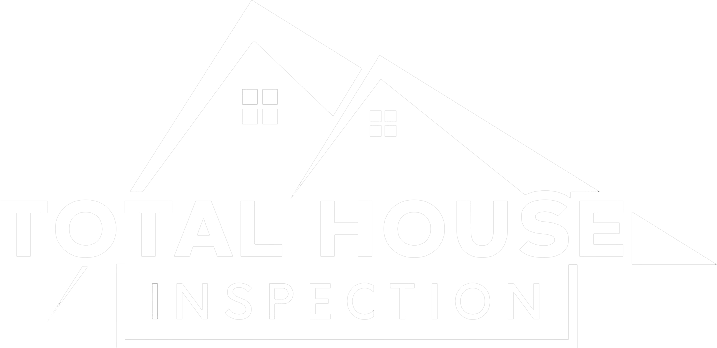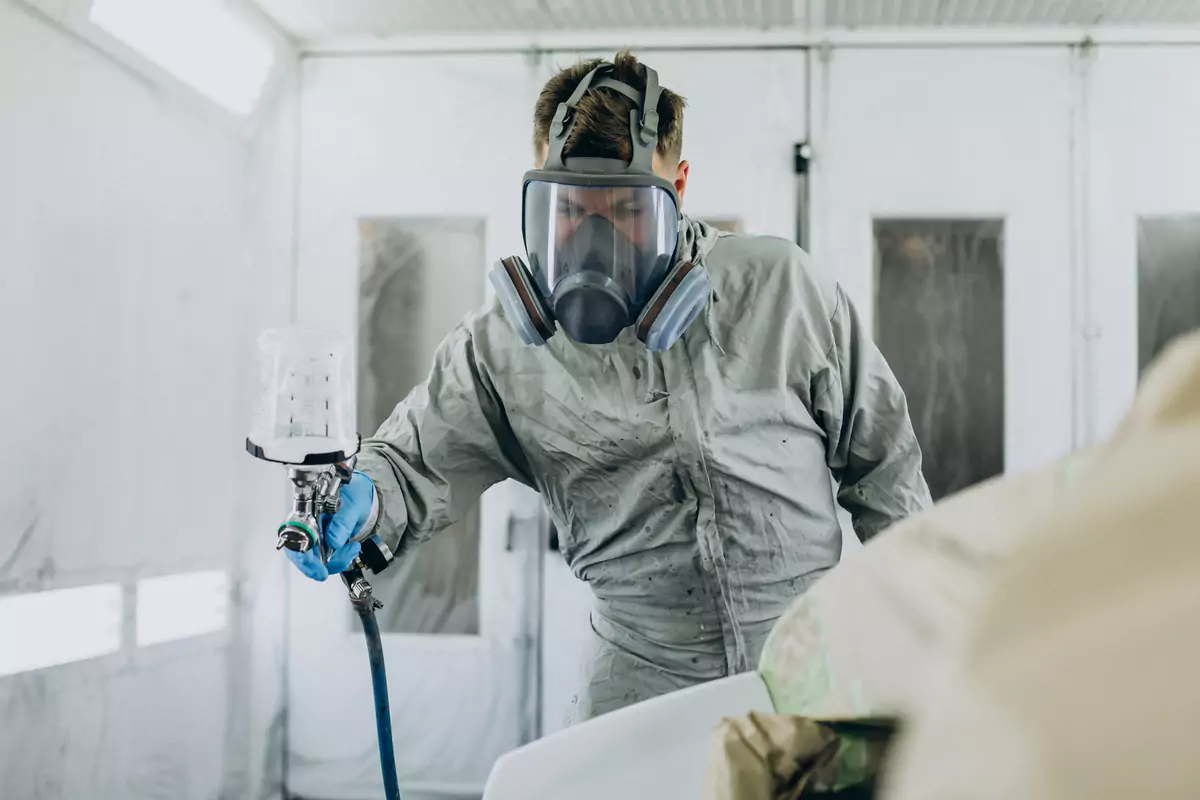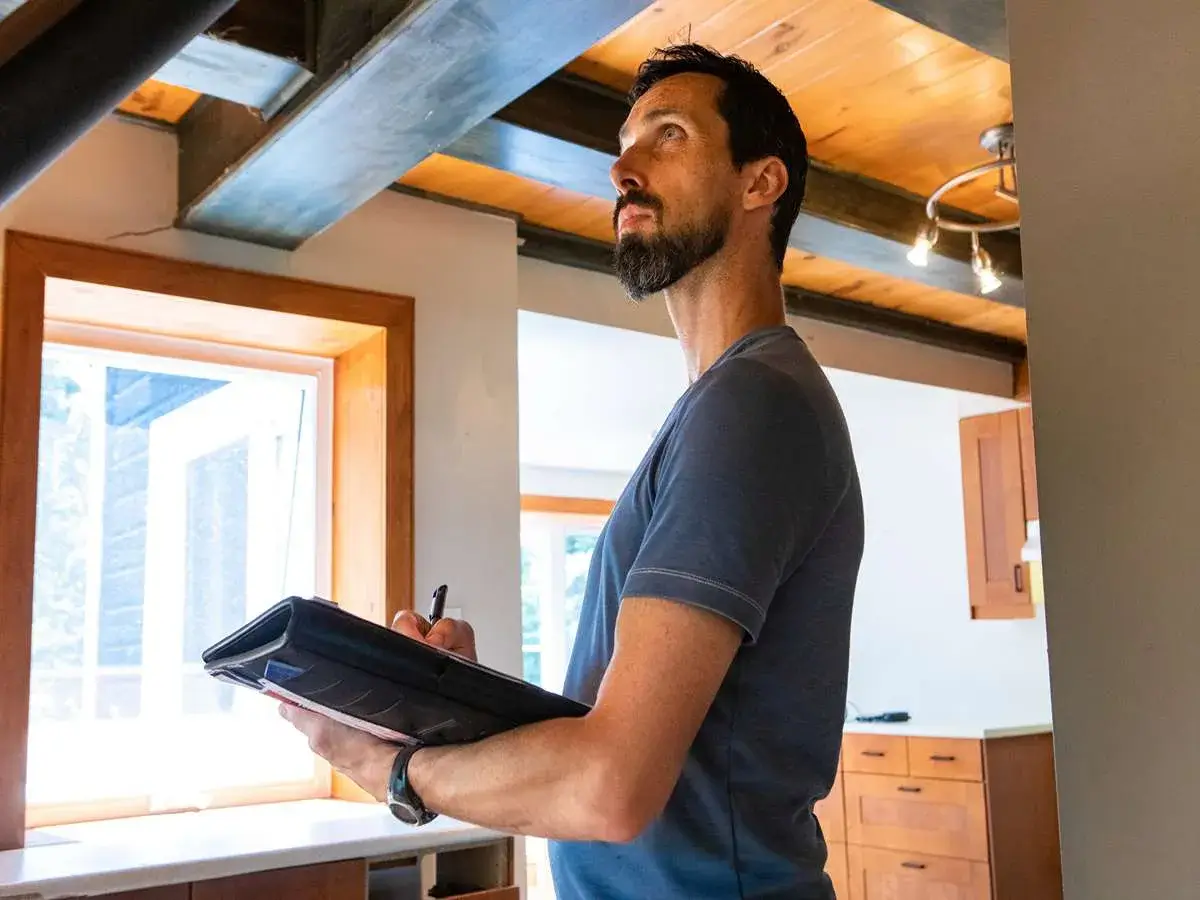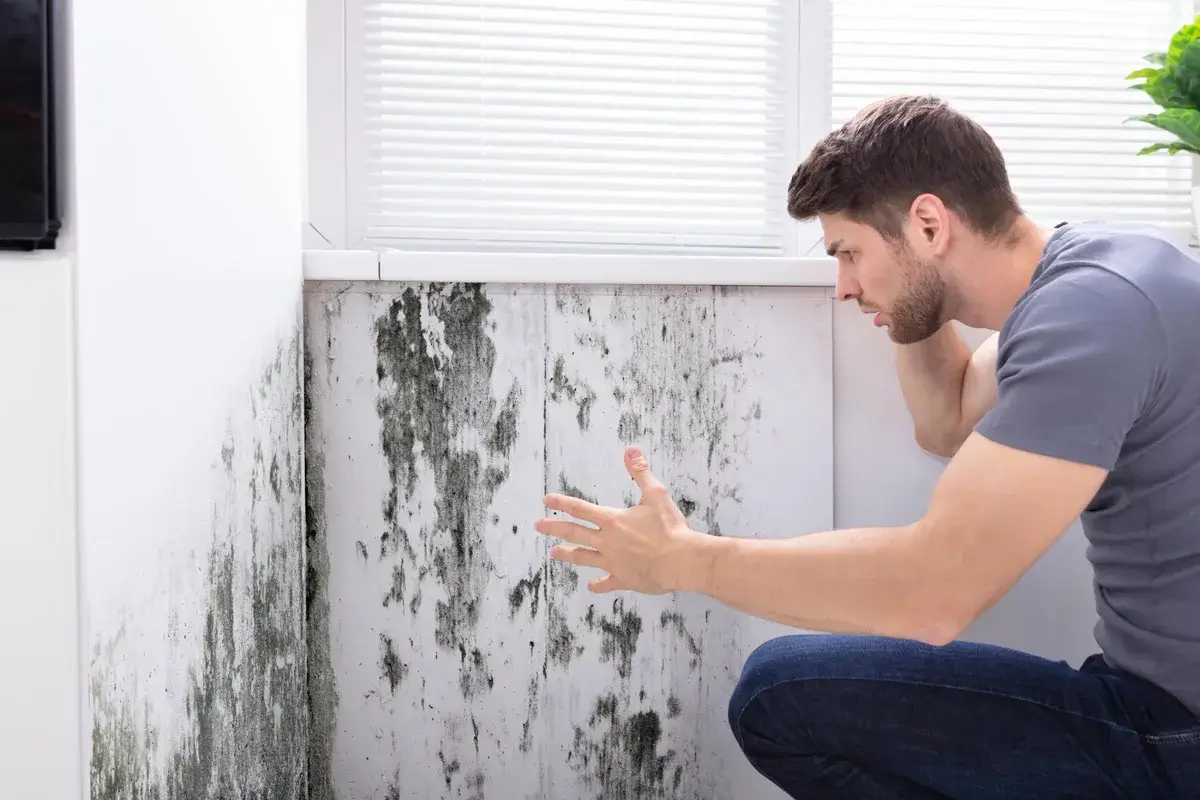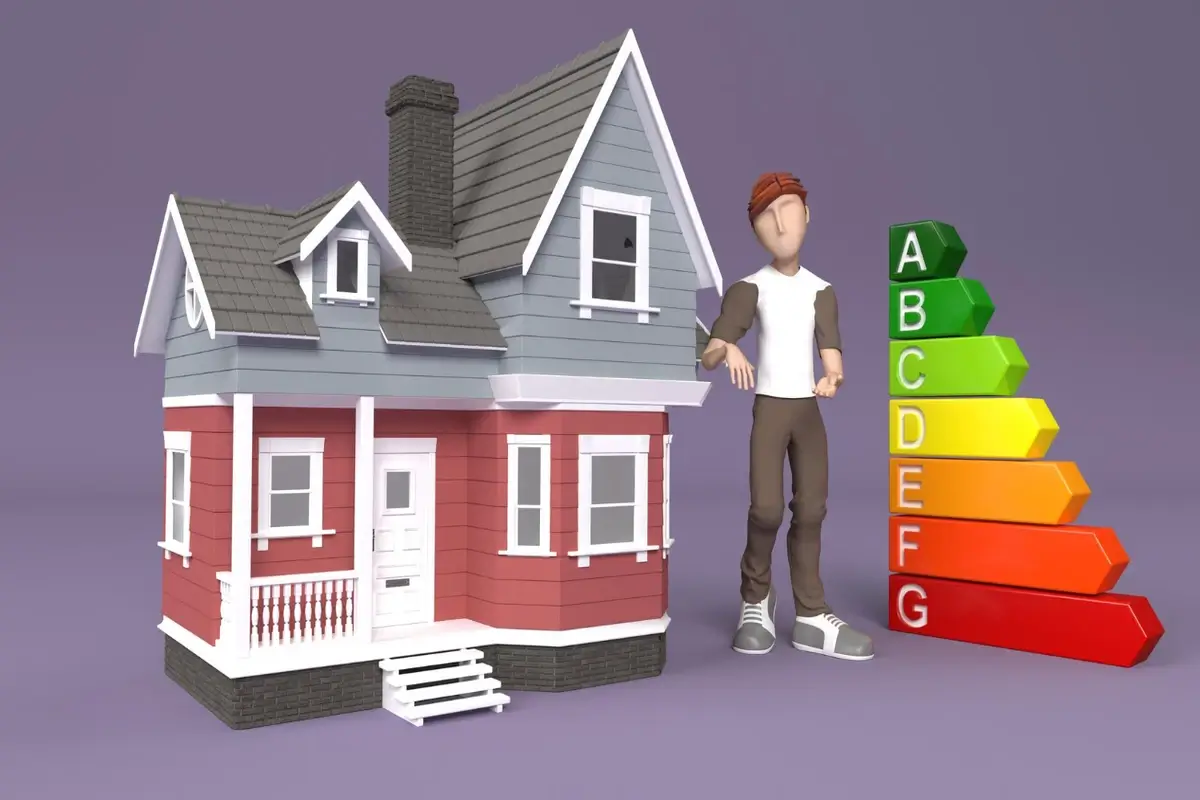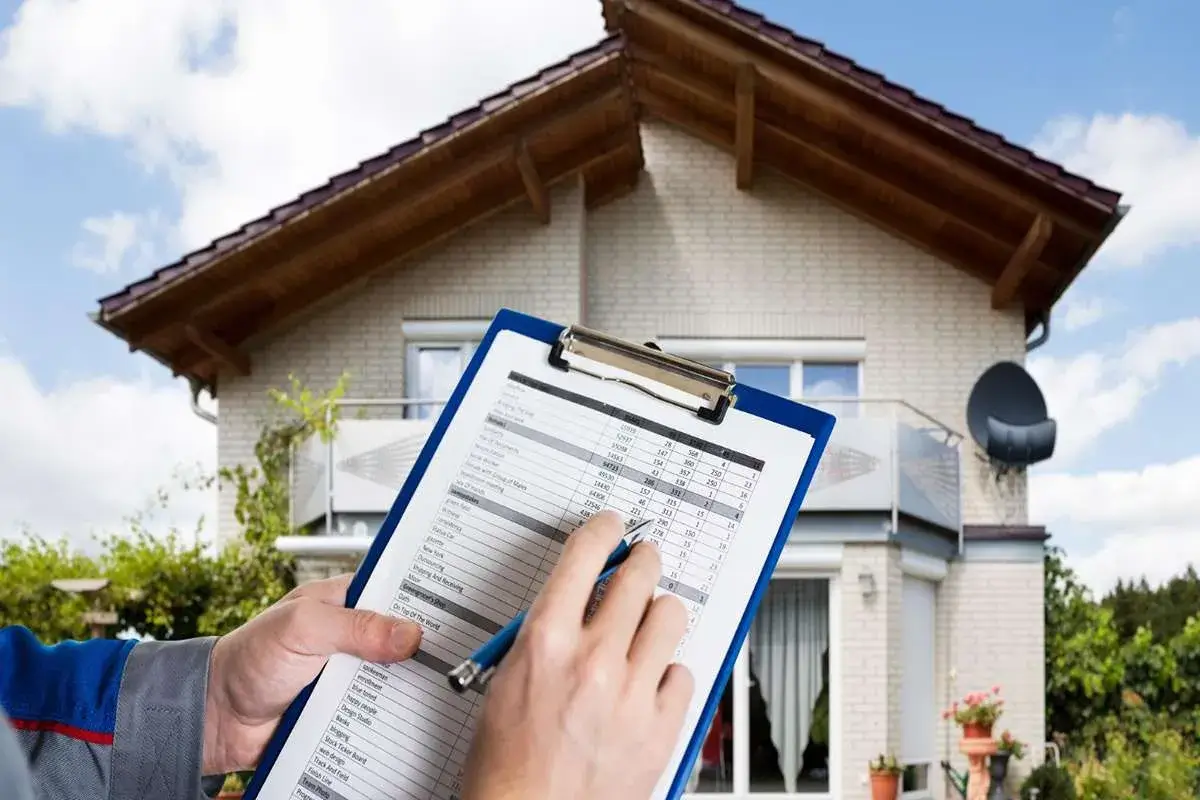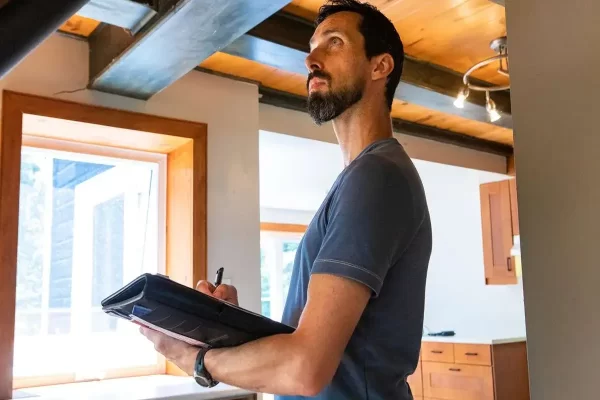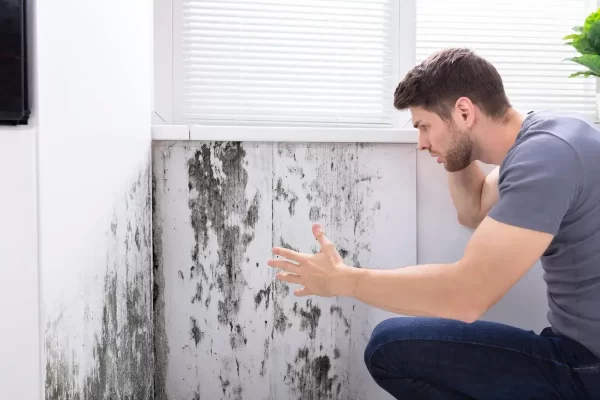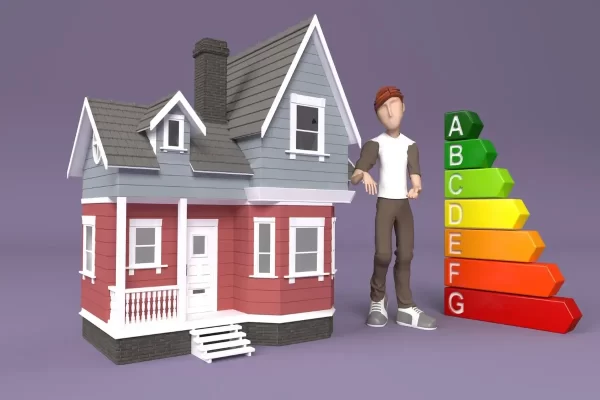When you own a house, two factors that top your priority and want list are safety and comfort because, on average, you spend 90% of your time indoors.
But, once your house is intruded on by mold, comfort, and safety, it somewhat goes out of the question.
If left ignored, mold is an environmental threat that can lead to numerous major health issues. Moreover, mold grows and spreads in just 24 to 48 hours. Therefore, you need to take care of any mold issues ASAP.
But how?
Mold testing and inspection are the two main ways to deal with mold growth in your house. And what distinguishes these two services from one another, though?
In this blog, we’ll talk about that. The major differences between mold inspection and testing.
Mold Inspection
A mold inspection is when a specialist thoroughly inspects your property for any signs of mold growth.
When conducting an inspection, the inspector will look for any areas that might be prone to future growth as well as any obvious indications of mold.
They also use a range of instruments to determine the amount of moisture in your house. This includes moisture meters and infrared cameras.
Following a mold inspection, the data is compiled into a report that includes the inspector’s findings and recommendations.
Mold Testing
Compared to mold inspection, professional mold testing involves taking samples from the house and analyzing them in a lab. During the process, specialized techniques are used to test the samples to identify the mold’s kind and presence.
In addition to offering a higher degree of precision than a simple inspection, this process can be used to identify the origin and scope of the growth. If an area that has high moisture content or obvious growth has been found during a mold inspection, there’s a chance that you’re told to get mold testing done as well.
When Should You Get A Mold Inspection?
You probably notice or detect the musty smell if your property has mold.
Sometimes, all it takes to identify mold is a visual examination. On the other hand, there can be situations where the mold grows in an area where it’s not much apparent. The following are common situations in which mold issues may arise and a mold inspection is necessary:
- Water damage
- New home purchase
- Following mold remediation
- Home unoccupied for an extended time
- If you see mold
When Should You Get A Mold Testing?
The goal of mold testing is to determine the exact type of mold growing in your house and the quantity of airborne spores. Furthermore, testing for mold is pointless if it’s already present. It doesn’t matter what kind of mold it is; the issue must be resolved. Furthermore, this might surprise you, but every home already has some mold spores. They can travel airborne through ducts.
The issue arises when they attach to a moist surface and grow, which is something you can avoid. After consulting, a mold test may occasionally be advised.
A tip: Delay the mold test until after the mold treatment procedure to save more money.
What Does the Mold Inspection Process Include?
Client Interviews
Meeting with the homeowner, tenant, or property manager to go over their concerns is the first step in any mold inspection process. The inspector will all question your history of moisture problems in the house, any symptoms you may be experiencing, and any other pertinent facts.
This helps narrow their focus on the areas that need attention during the examination.
To help the inspector make a more accurate and honest diagnosis of any potential mold issues, make sure to answer these questions honestly and accurately. Please ensure the inspector is aware of anything more you would like to discuss besides the questions asked.
Comprehensive Visual Inspection
The next step is to carry out a thorough visual examination of the property. During this step, the inspector will carefully evaluate any area that has been identified as a possible source of mold growth. This includes examining the house’s walls, ceilings, and other structural components.
In addition, the inspector will search for any indications of moisture, such as water stains and condensation on walls or pipes.
They’ll also be scanning the house for any signs of mold development or musty smells. If they identify a problem area, they will note it; if more testing is required, they will also recommend it.
Mold Inspection Report
Upon completing each stage, the final step will be generating a comprehensive mold inspection report. This will serve as a detailed summary of the findings, including areas needing further repair or testing.
It’ll also provide recommendations in case you need to control moisture levels in your home further, preventing future mold growth.
It’s crucial to keep in mind that mold testing is still necessary in addition to mold inspections. Rather, it is merely the initial stage in identifying and resolving mold issues within a house. The inspector will suggest further testing to confirm suspicions if further information is needed.
Conclusion
In conclusion, mold testing and inspection are separate procedures with different goals. The visual examination and identification of possible mold growth and moisture problems are the primary goals of mold inspection.
Mold testing entails analyzing gathered samples in a lab to determine the types and quantities of mold present. You can effectively manage mold concerns by making informed decisions and taking appropriate action by knowing the differences between mold testing and inspection.
Maintaining a secure and healthy indoor environment requires both mold testing and inspection. They support mold detection, evaluate possible health hazards, guide remediation efforts, and prevent further damage.
It is best to seek the advice of a trained mold professional when handling mold problems. They can conduct the necessary testing, conduct a thorough inspection, and offer professional advice on remediation techniques.
You can protect your property, health, and a mold-free living environment by prioritizing mold testing and inspection.
If you want to know more about mold inspections and testing, then you can always reach out to Total House Inspections. Our experts on board will guide you through making the best decisions for your property.
